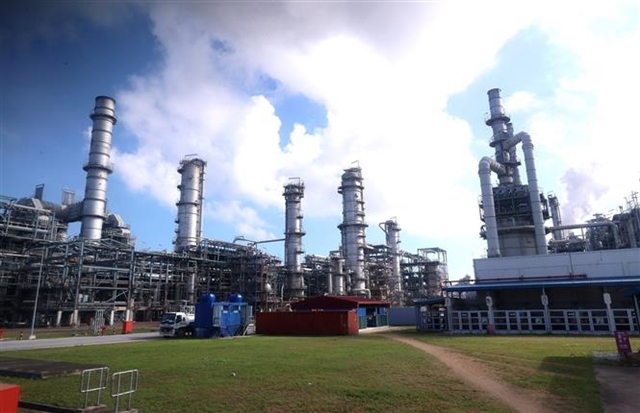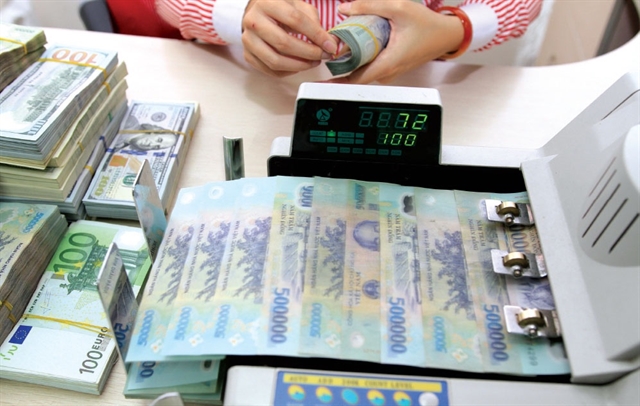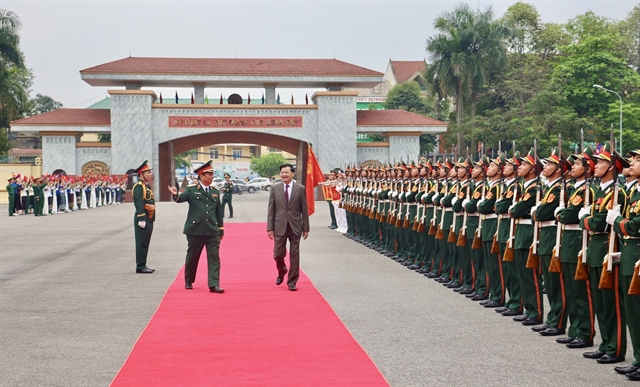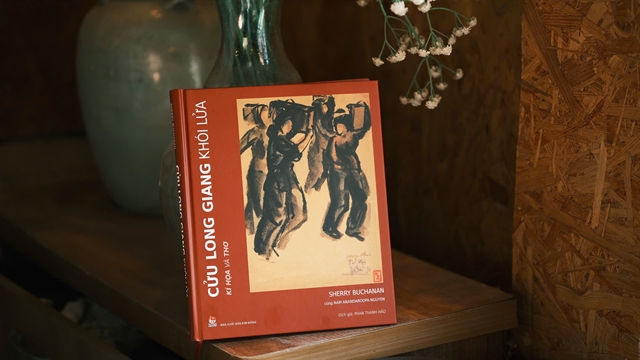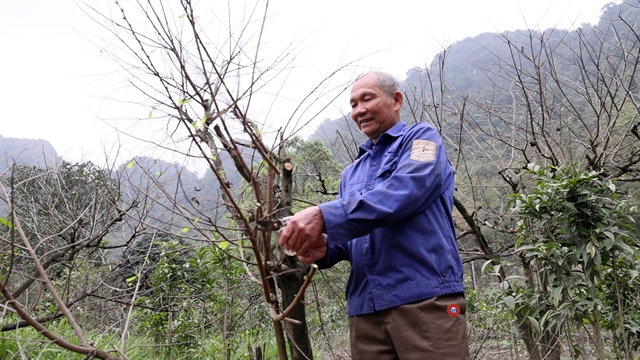 Society
Society

Enhancing rescue centres’ capacity is one of the most critical aspects of efforts to put an end to the bear bile farming industry in Việt
1113664028PM.JPG) |
| Misa, an Asiatic black bear, is cared for at Ninh Bình Province Bear Rescue Center. — Photo courtesy to ENV |
HÀ NỘI — Enhancing rescue centres’ capacity is one of the most critical aspects of efforts to put an end to the bear bile farming industry in Việt
Initiated by World Animal Protection (WAP), the third “Asiatic Black Bear Forum: Sharing experiences of bear bile farming management and keeping bears in the wild” held in Hà Nội follows two previous efforts in China to become a platform for wildlife experts, non-government organisations, state agencies and related forces to discuss bear protection policies and solutions.
Việt
Despite positive signs, according to Nguyễn Mạnh Hiệp from the Việt Nam Administration of Forestry, there are several challenges, including improving living conditions at rescue centres, especially in the southern region, and encouraging bear farm owners to hand over bears to the Government.
Representatives of
Jung-mi
“I think in
Lê Việt Dũng, deputy head of Đồng Nai Province Forest Rangers, raised the idea of a safari which is large enough to receive, take care of and create a semi-wild environment for rescued bears.
“Because even sterilisation may be considered a violation against bears,” he said.
Đồng
Karanvir Kukreja from WAP said that innovations in the new microchipping programmes allowed experts to evaluate conditions of bears without using anesthesia. Moreover, WAP in collaboration with Education for Nature Vietnam (ENV) and Four Paws developed a detailed blueprint to put an end to bear bile farming. — VNS

